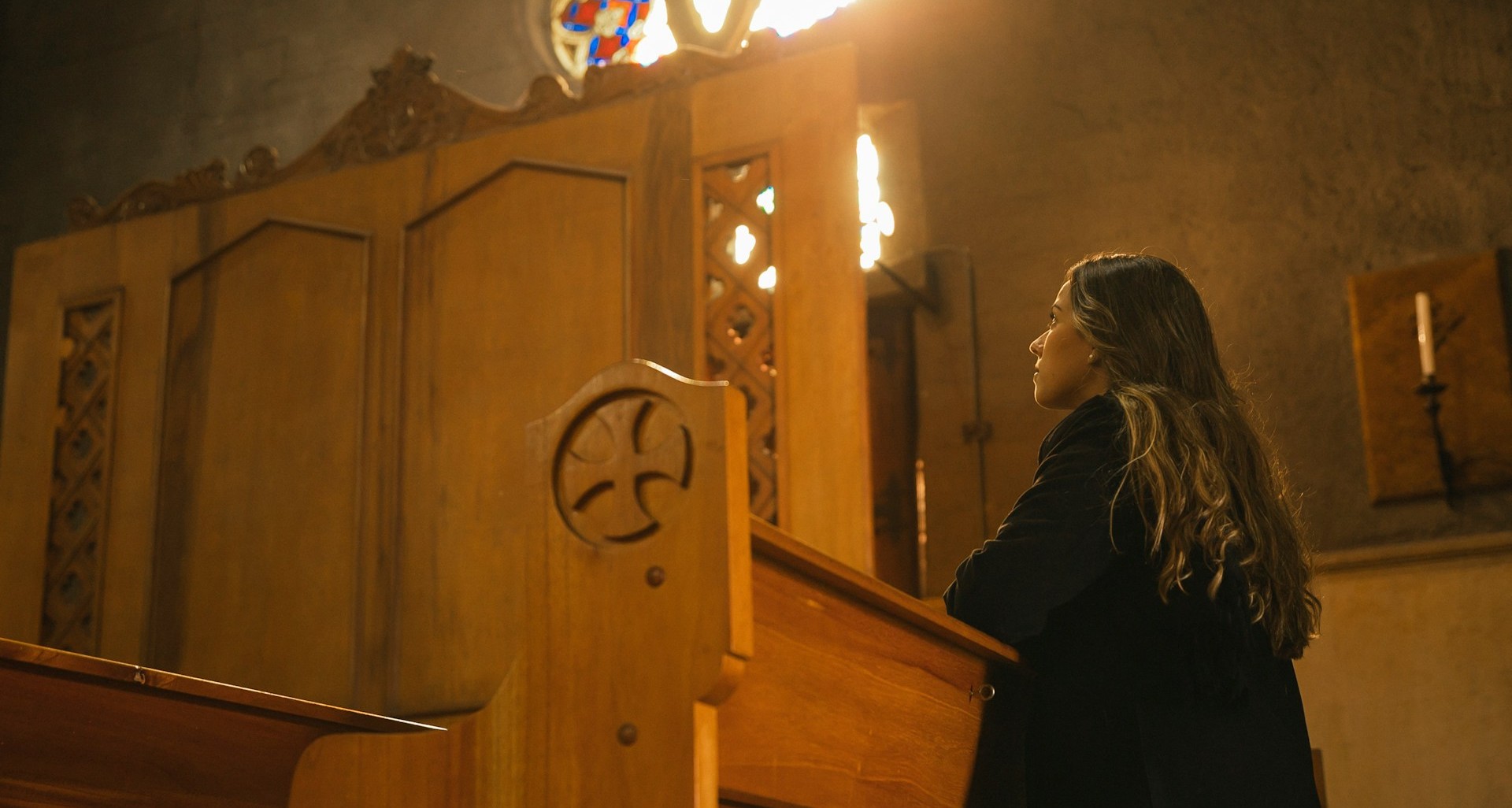Prayer and Devotions
National Liturgical Council

The word ‘prayer’ is defined in the dictionary as ‘the act or practice of prayer to God as in thanks, praise or request’ (Macquarie).
There are many opportunities outside of the celebration of the sacraments for Catholic people to pray together. Generally speaking when people refer to the subject of prayer they either mean private or public prayer.
All baptised Christians are urged to pray to God through Jesus Christ our Lord. It is the Holy Spirit given in Baptism and sealed in Confirmation that prompts us to engage in prayer. Private prayer is an indispensable part of the spiritual life of any person. Liturgy is public prayer and it too is indispensable as it shows forth the Church in a way that no other activity quite achieves.
Divine Office
Aside from the Mass the next most important public prayer is the Divine Office or the Liturgy of the Hours. The daily Mass together with the daily Morning and Evening Prayer makes up the public liturgical prayer of the Church. Christians from earliest times were expected to pray morning, noon and evening.
The reciting of the Our Father three times a day along with praying the psalms was commonplace for Christian households. It is most encouraging that this public form of prayer is finding its way into the liturgical schedules of our parishes.
Morning and Evening Prayer is not meant only for clergy and religious, but should also be a staple form of daily prayer for all the baptised. It does not require ordained liturgical leadership and some parishes have organized groups of people to come together in the morning (often before daily Mass) and at the end of the day to pray this form of prayer.
Benediction
In recent years there has also been a rediscovery of Eucharistic worship in the giving of Benediction. Older Catholics will remember this form of public prayer as a common part of Catholic devotional life. Many young people are discovering Benediction and private prayer before the Blessed Sacrament in Eucharistic Adoration, which is becoming very popular.
Devotions
Other forms of public prayer also cross over into the realm of private devotion. Devotions like the Stations of the Cross, the recitation of the Rosary and various Novenas can be observed by individuals, but more frequently they are the work of groups of people and thus have a public expression.
The Stations of the Cross as a public form of prayer on Fridays in Lent and on Good Friday morning often draw large numbers of people. There are various forms of the Way of the Cross, but there is still the common prayer element that is at the heart of this devotion.
The history of the Rosary is just as interesting as the Stations of the Cross. Here again public recitation will often involve a group of people where leadership of the prayer is shared by the participants.
Liturgy of the Word
In some parishes the existence of a Liturgy of the Word for children that runs parallel to the main Sunday Eucharist is also another form of public prayer specifically geared to the needs of younger Christians. Once again this form of public prayer is led by lay people and introduces young children to another aspect of public prayer.
In some remote parishes there are now also celebrations of the Liturgy of the Word on a Sunday when priests are not available to celebrate Mass. This form of public prayer (regulated by the Bishop) is also led by authorized lay people and allows the community in that place to gather to hear the Word of God and also to offer the general intercessions.
This article was originally published in ‘Prayer and Devotions’. © Diocese of Parramatta. 2007. Reprinted with permission.
